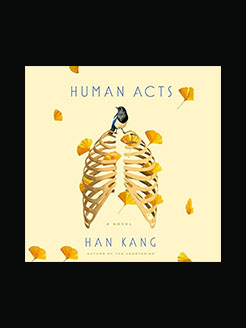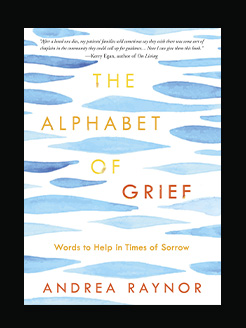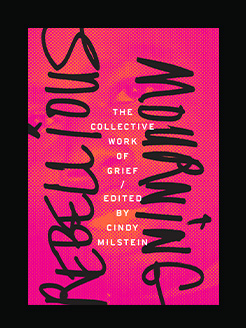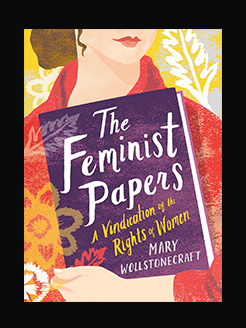Published in 2025 (first published 2017)
336 pages
Ursula K. Le Guin published twenty-two novels, eleven volumes of short stories, four collections of essays, twelve books for children, six volumes of poetry and four of translation, and has received many awards: Hugo, Nebula, National Book Award, PEN-Malamud, etc. Her recent publications include the novel Lavinia, an essay collection, Cheek by Jowl, and The Wild Girls. She lived in Portland, Oregon.
She was known for her treatment of gender (The Left Hand of Darkness, The Matter of Seggri), political systems (The Telling, The Dispossessed) and difference/otherness in any other form. Her interest in non-Western philosophies was reflected in works such as “Solitude” and The Telling but even more interesting are her imagined societies, often mixing traits extracted from her profound knowledge of anthropology acquired from growing up with her father, the famous anthropologist, Alfred Kroeber. The Hainish Cycle reflects the anthropologist’s experience of immersing themselves in new strange cultures since most of their main characters and narrators (Le Guin favoured the first-person narration) are envoys from a humanitarian organization, the Ekumen, sent to investigate or ally themselves with the people of a different world and learn their ways.
What is this book about?
Set in the same universe as Le Guin’s The Left Hand of Darkness and The Dispossessed, these five linked Hainish stories follow far-future human colonies living in the distant solar system
Here for the first time is the complete suite of five linked stories from Ursula K. Le Guin’s acclaimed Hainish series, which tells the history of the Ekumen, the galactic confederation of human colonies founded by the planet Hain. First published as Four Ways to Forgiveness, and now joined by a fifth story, Five Ways to Forgiveness focuses on the twin planets Werel and Yeowe—two worlds whose peoples, long known as “owners” and “assets,” together face an uncertain future after civil war and revolution.
In “Betrayals” a retired science teacher must make peace with her new neighbor, a disgraced revolutionary leader. In “Forgiveness Day,” a female official from the Ekumen arrives to survey the situation on Werel and struggles against its rigidly patriarchal culture. Embedded within “A Man of the People,” which describes the coming of age of Havzhiva, an Ekumen ambassador to Yeowe, is Le Guin’s most sustained description of the Ur-planet Hain. “A Woman’s Liberation” is the remarkable narrative of Rakam, born an asset on Werel, who must twice escape from slavery to freedom. Joined to them is “Old Music and the Slave Women,” in which the charismatic Hainish embassy worker, who appears in two of the four original stories, returns for a tale of his own. Of this capstone tale Le Guin has written, “the character called Old Music began to tell me a fifth tale about the latter days of the civil war . . . I’m glad to see it joined to the others at last.”







